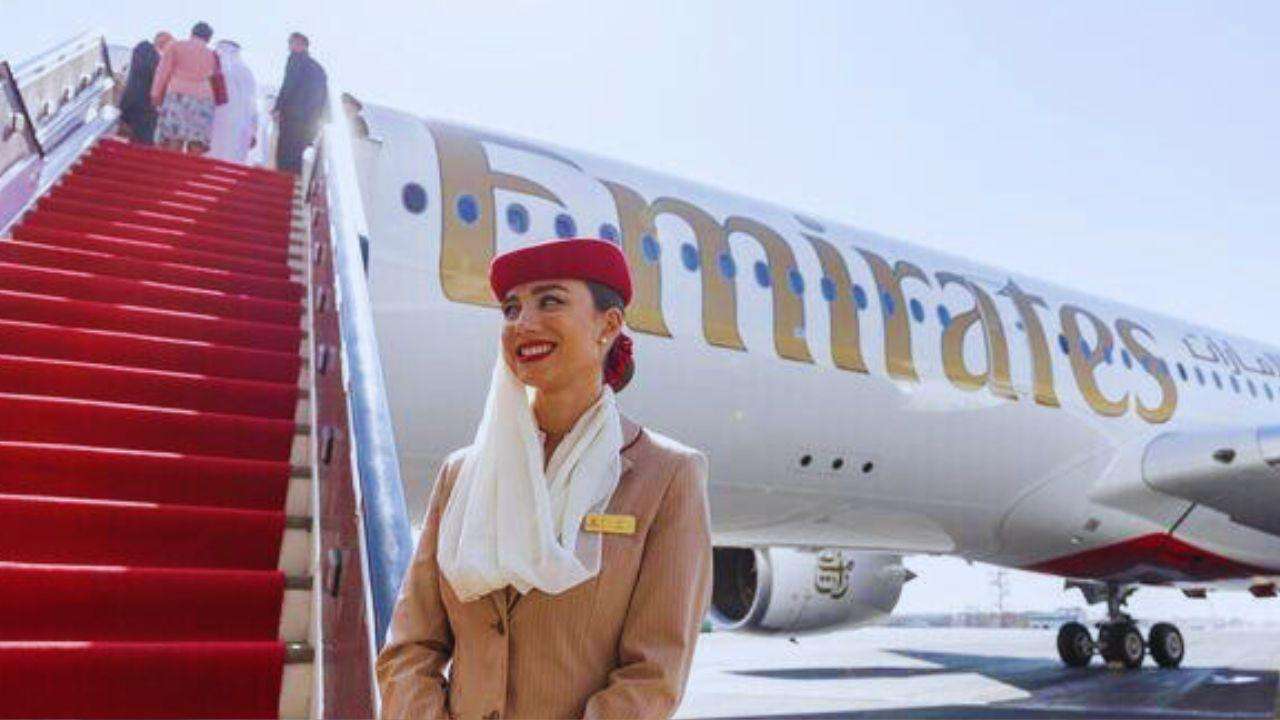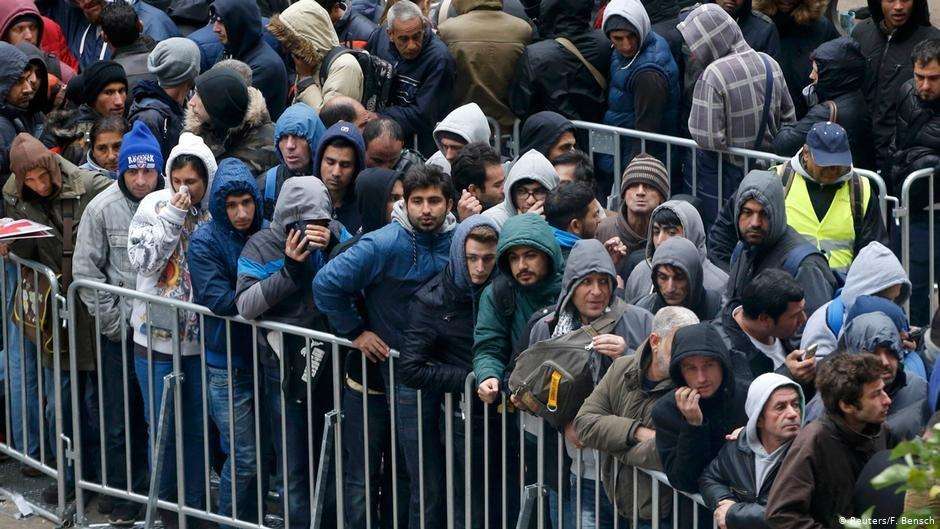Saudi Arabia has dropped a major defense deal with the U.S. in favor of normalizing ties with Israel, now seeking a more limited military cooperation agreement, according to Reuters.
Earlier this year, Riyadh showed flexibility on recognizing Palestinian statehood to secure a comprehensive security pact with Washington. Saudi leaders indicated that public Israeli support for a two-state solution in the West Bank would suffice for normalization with the Gulf kingdom.
However, two Saudi and three Western sources reveal that, following widespread outrage in Saudi Arabia and across the Middle East over Israeli military actions in Gaza, Crown Prince Mohammed bin Salman has renewed his demand for tangible steps toward establishing a Palestinian state as a condition for recognizing Israel.
According to Western diplomats, Israeli Prime Minister Benjamin Netanyahu still seeks normalization of relations with Saudi Arabia, which would grant him broader recognition in the Arab world.
However, he faces strong opposition to any concessions to the Palestinians after the Hamas invasion from Gaza on October 7, 2023, and is aware that any gesture toward statehood will lead to a split in his ruling coalition.
Partnership instead of mutual defense
Since both leaders are currently constrained by their internal power structures, Riyadh and Washington hope that a more modest defense pact between the countries can be concluded before President Joe Biden leaves the White House in January next year.
According to six Reuters sources, a full-fledged US-Saudi agreement must be approved by the US Senate with a two-thirds majority, but this will not happen unless Riyadh recognizes Israel. In September, bin Salman stated that diplomatic relations between Israel and Saudi Arabia could only be established after the creation of an independent Palestinian state with its capital in East Jerusalem.
The agreement currently under discussion involves expanding joint military exercises and training to counter regional threats, primarily from Iran. According to sources, the deal will foster partnerships between American and Saudi defense companies, with guarantees to prevent cooperation with China.
The agreement will also encourage Saudi Arabia's investment in advanced technologies, particularly in drone defense. The US will increase its presence in Riyadh through training, logistics, and cybersecurity support, and may deploy a Patriot missile battalion to strengthen missile defense and integrated deterrence.
At the same time, this will not be a mutual defense treaty that would require US troops to defend the world’s largest oil exporter in the event of a foreign attack.
"Saudi Arabia will get a security deal which will allow more military cooperation and sales of US weapons, but not a defence treaty similar to that of Japan or South Korea as initially sought," said Abdelaziz al-Sagher, head of the Gulf Research Institute think-tank in Saudi Arabia.
Trump factor
Instead, the situation is becoming more complicated with Donald Trump's arrival at the White House.
Although the new president's plan for resolving the Israeli-Palestinian conflict excludes any provisions for recognizing the statehood or sovereignty of a Palestinian state, he is a close ally of Saudi Crown Prince Mohammed bin Salman.
Palestinian and some Arab officials fear that Trump and his son-in-law Jared Kushner - who is the architect of the Deal of the Century (the agreement to resolve the Israel-Palestine conflict and also a close ally of the crown prince) - could ultimately convince him to support this plan.
According to diplomats, how the prince aligns Saudi priorities with this shifting diplomatic landscape will be crucial, in determining both his leadership and the future of the peace process.
Obstacles on the path to the agreement
The current US administration has not lost hope of securing a security guarantees agreement before Biden leaves office in January, but several obstacles remain. One person in Washington, familiar with the negotiations, stated that there are reasons for skepticism about whether there is enough time to finalize such an agreement.
According to the source, American officials are aware that the Kingdom is still interested in formally securing the guarantees it has been seeking, particularly to gain access to more advanced weaponry, but they are unsure whether it prefers to do this under Biden or wait for Trump.
"We continue to discuss and have many lines of effort on the table (with the Saudis)," said a US official.
The White House National Security Council declined to comment when asked about efforts to reach an agreement on American security guarantees for Saudi Arabia.
Netanyahu's office also refused to comment on Riyadh's position regarding Palestinian statehood.
A defense agreement providing Saudi Arabia with US military protection in exchange for recognizing Israel would transform the Middle East, uniting two long-time adversaries and strengthening Riyadh's ties with Washington at a time when China is expanding its influence in the region.
This would allow the Kingdom to strengthen its security and deter threats from Iran and its Houthi allies, preventing a repeat of the 2019 attacks on its oil facilities, which Riyadh and Washington blamed on Tehran. Iran denies any involvement.
A senior Saudi official stated that the deal is 95% ready, but Riyadh has decided to explore an alternative agreement, as it is impossible to proceed without normalizing relations with Israel.
Two sources from the agency noted that depending on the format, a scaled-back cooperation agreement could be approved without going through Congress before Biden leaves office.
There have been other stumbling blocks in the negotiations over a mutual defense pact. For example, there has been no progress in talks on civilian nuclear cooperation, as Saudi Arabia refused to sign the so-called 123 Agreement with the US, which would have stripped Riyadh of the right to uranium enrichment, six sources reported.
Objections from Saudi Arabia regarding human rights provisions have also emerged as another area of disagreement, according to a Saudi source close to the negotiations, who spoke to Reuters.
Big prize
Although the leadership of Saudi Arabia firmly supports Palestinian statehood, diplomats say it remains uncertain how the crown prince will react if Trump returns to the plan he proposed in 2020 to resolve the Israeli-Palestinian conflict.
This plan marks a radical shift in US policy and international agreements, as it openly sides with Israel and sharply departs from the long-standing land for peace principle that has historically guided negotiations.
It would allow Israel to annex vast stretches of land in the occupied West Bank, including Israeli settlements and the Jordan Valley. It also recognizes Jerusalem as the undivided capital of Israel, effectively rejecting Palestinian claims to East Jerusalem as their capital, which is a core aspiration of their statehood goals and under UN resolutions.
By legitimizing Israeli annexations, Trump’s plan is seen by many as a significant blow to the two-state solution and Palestinian hopes for statehood.
Peace and stability factor
Saudi officials insist that the creation of a Palestinian state, under previous international agreements and with East Jerusalem as its capital, remains a crucial condition for long-term regional peace and stability.
Without this, they argue, the cycle of violence will continue to jeopardize any normal relations.
"How can we imagine a region integrated if we sidestep the Palestinian issue? You can't prevent the Palestinian right to self-determination," said a senior Saudi official.
In one of the harshest critical statements against Israel since the Gaza conflict began, Crown Prince Mohammed, in his speech at the Arab and Islamic summit in Riyadh this month, referred to Israel's military actions as collective genocide.
However, the potential for normalization of relations between Saudi Arabia and Israel may be reconsidered in the future. This is likely to happen after the dust settles from the Gaza war, and possibly under a different Israeli government, according to diplomats.
Fawaz Gerges, a Middle East expert at the London School of Economics, stated that Trump will use all possible avenues to ensure the historic normalization of relations between Saudi Arabia and Israel.
According to Gerges, "For Trump, Saudi Arabia is the big prize."
"As to how normalisation could happen despite repeated Saudi leaders insistence they will not recognise Israel until a real path to a Palestinian state is set, Trump could promise a ceasefire in Gaza in return for normalisation and tentative promise to support a Palestinian state, without obliging Israel to make any real concessions to the Palestinians," Gerges said.
Saudi Arabia's activity on the international stage
In October, the US State Department authorized the execution of defense contracts with Saudi Arabia and the United Arab Emirates.
Additionally, Riyadh is willing to act as a mediator in the process of ending the war between Ukraine and Russia.
In May of this year, it was reported that Saudi Arabia and the US were close to finalizing an agreement on peace in the Gaza Strip.
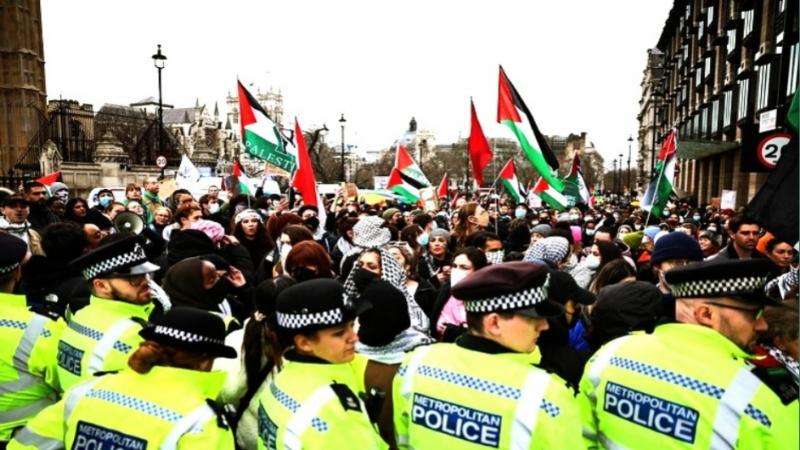


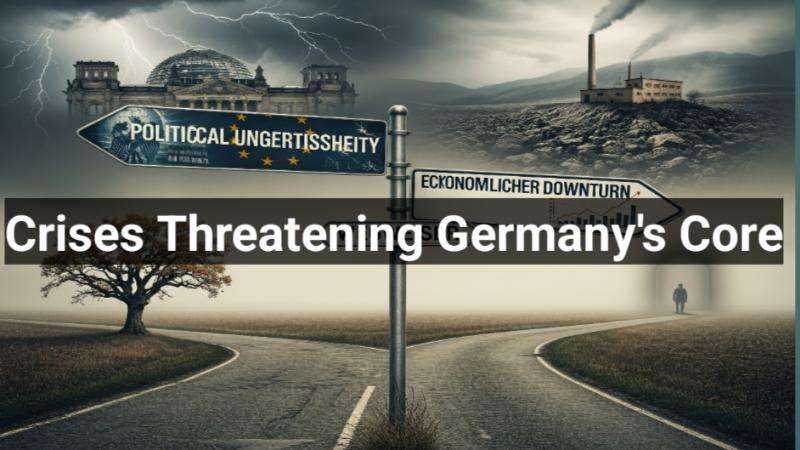
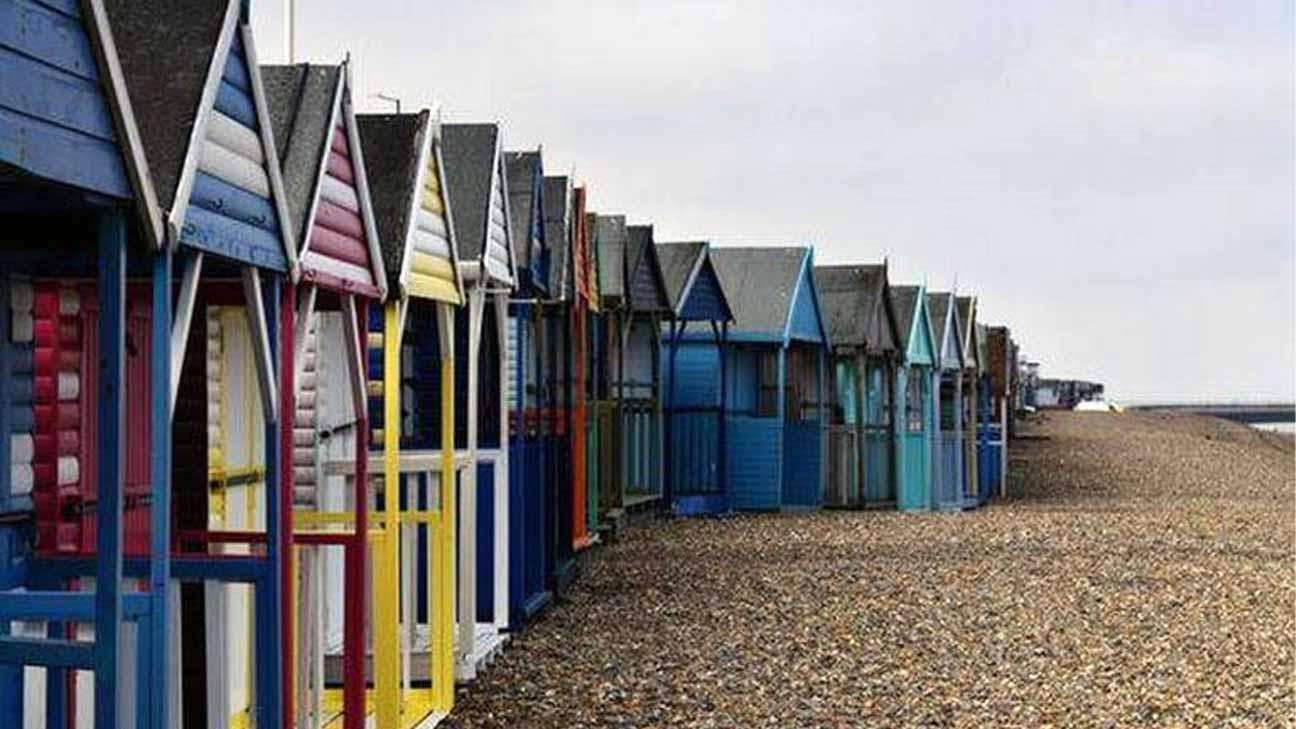


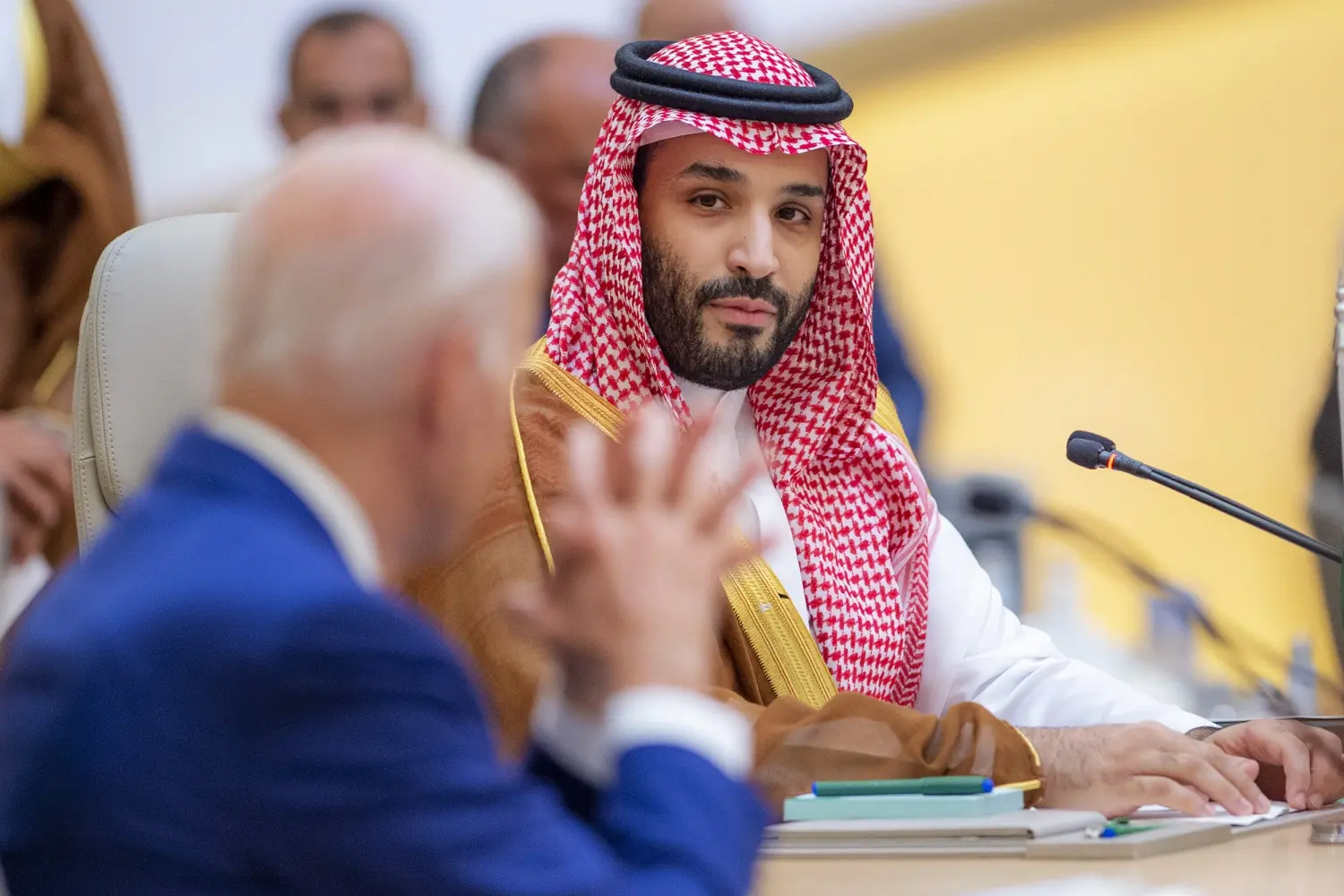
.svg)

